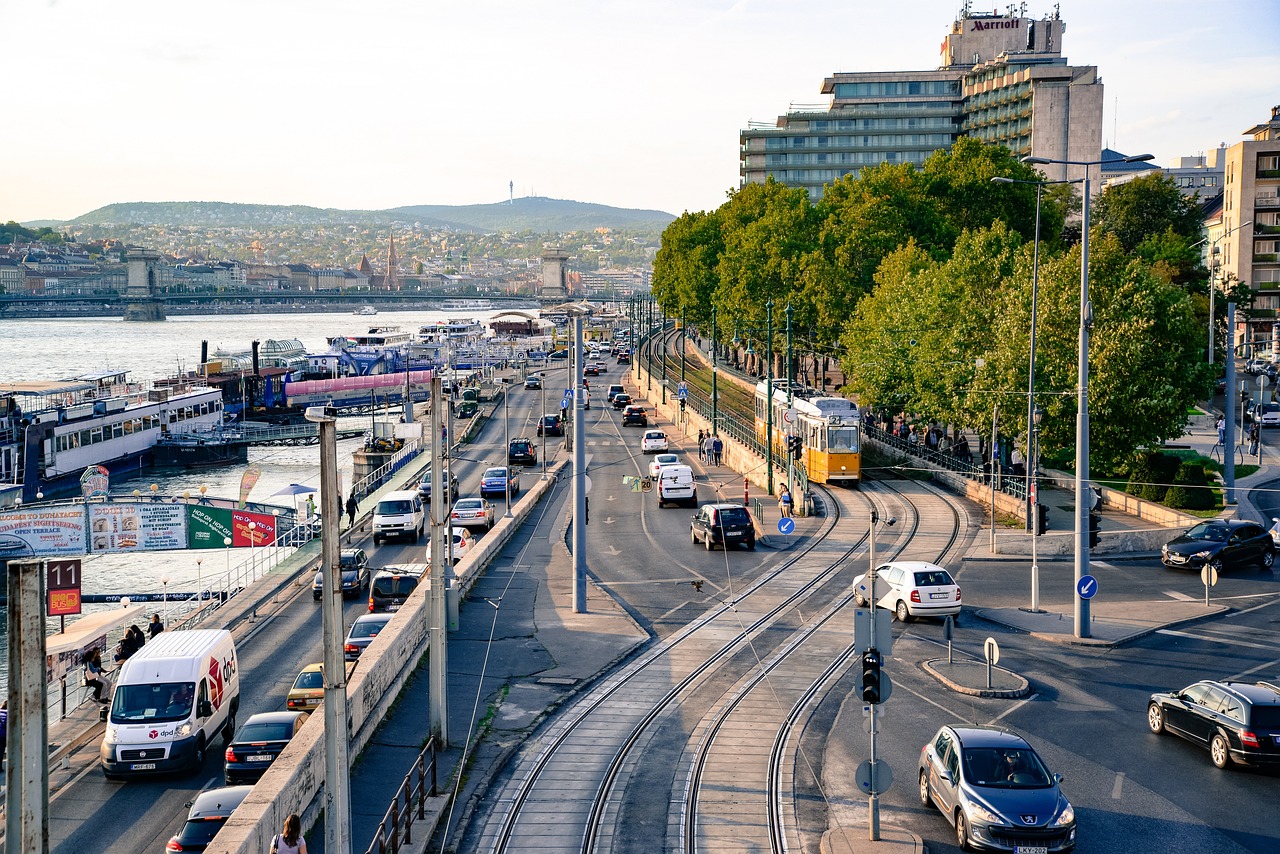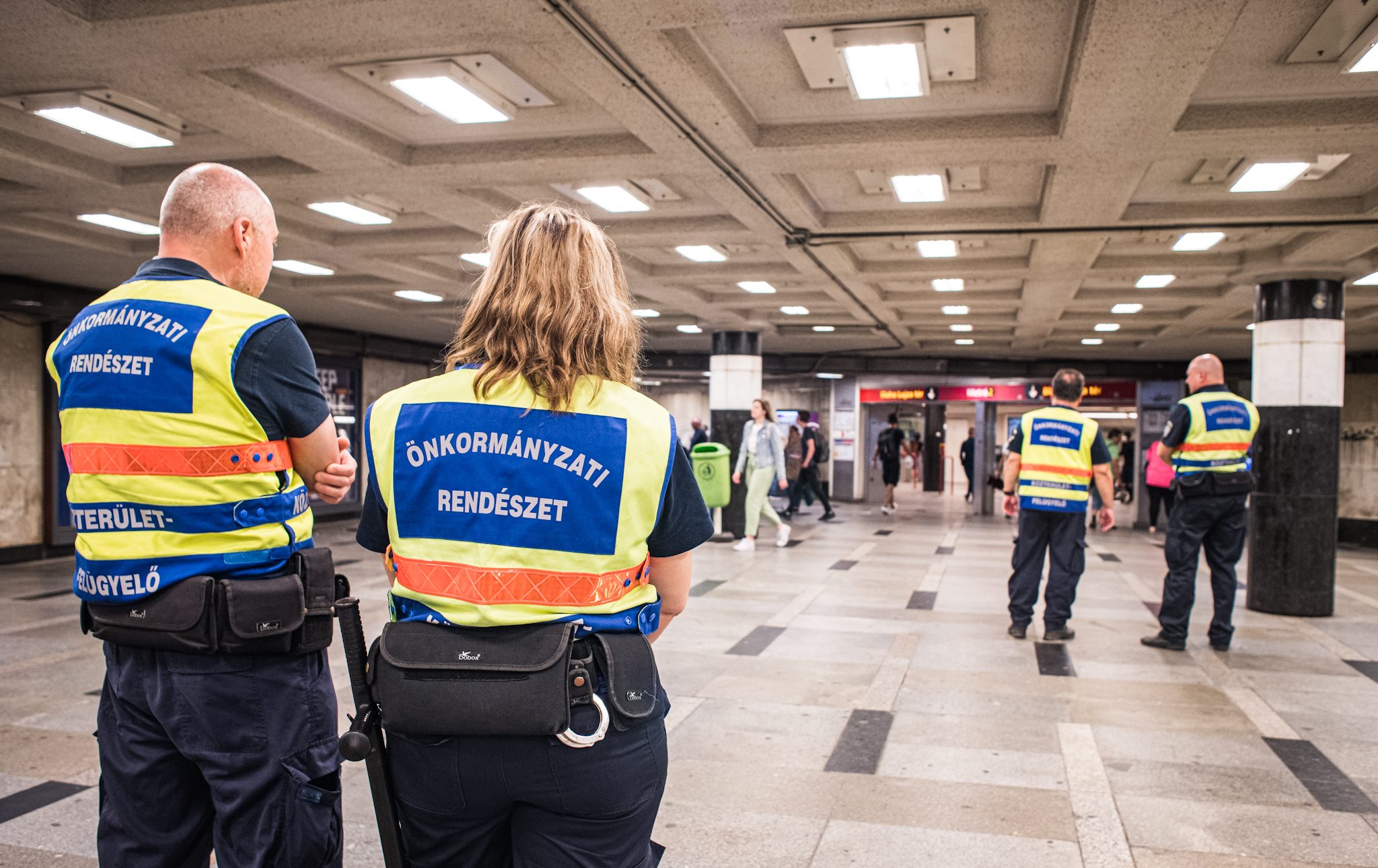The Center for Budapest Transport’s (BKK) efforts to combat fare evasion have had unintended consequences, with passengers openly expressing their dissatisfaction with the critical conditions on BKK routes. The causes are primarily homeless individuals, begging, public alcohol consumption, and drug use on the lines.
According to Magyar Nemzet, passengers using public transport in Budapest are increasingly feeling uncomfortable and unsafe due to the presence of disruptive individuals. Of particular concern are reports of aggressive panhandling and intimidating behavior on trams 1, 4, and 6.
Despite these challenges, the BKK has taken steps to address passenger safety through regular checks conducted in partnership with the Budapest Police Headquarters.
During a recent operation on February 23, trams 4 and 6 were inspected, resulting in the arrest of three individuals for drug possession and the cautioning of two individuals for public alcohol consumption. However, alongside these enforcement efforts, the BKK launched an anti-fare-evasion campaign on its social media platforms, which elicited criticism from fare-paying passengers.
Commenters raised questions about the BKK’s approach to addressing disruptive behavior, particularly among homeless individuals. Some suggested alternative solutions, such as providing designated warming and resting areas for the homeless rather than allowing them on public transport.
Others emphasized the importance of maintaining a clean and safe environment for all passengers, acknowledging the hardships faced by some individuals while also calling for accountability for inappropriate behavior.
In response, the BKK reaffirmed its commitment to addressing passenger concerns while also recognizing the importance of providing assistance to those in need. However, the exchange highlighted ongoing tensions and challenges in balancing passenger safety with social responsibility on Budapest’s public transport system.

